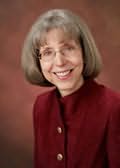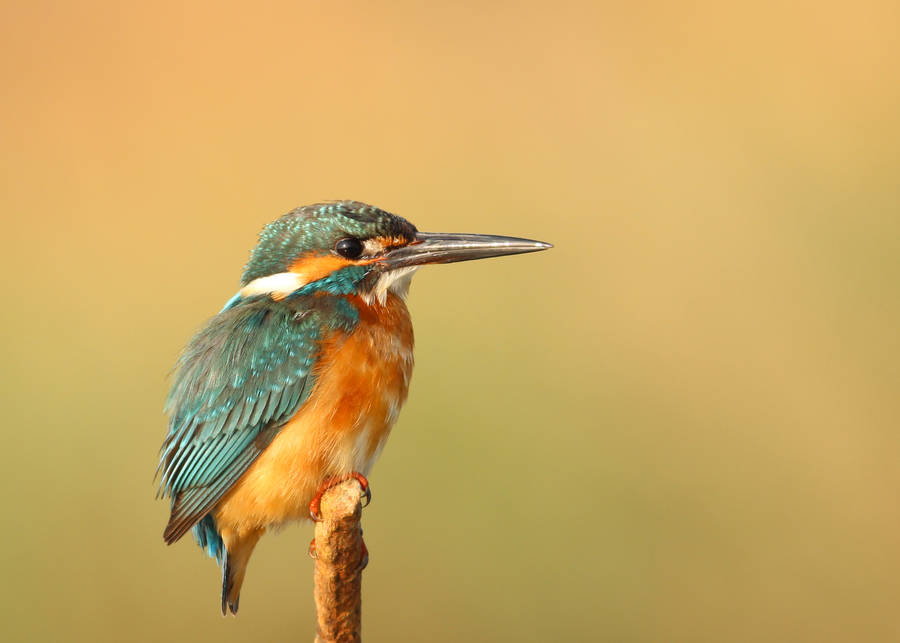Angela, thank you so much for taking the time to be with us today! It is a treat to have you here. I am sure we will able to learn a great deal from your expertise after publishing over 100 books!
You have risen to great success and fame with your books/writing. What do you credit for that?
Have I? I don’t feel very successful. The work doesn’t get any easier; in fact, it gets harder. But as to giving credit, let me illustrate with a story. Just the other day another writer wrote me and said something like, “You’ve written in so many genres, you speak, you teach—how did you decide to succeed in so many areas?” I wrote back and said that I’ve never had a grand plan—as a Christian, I simply try to listen to the Lord and walk through the doors He opens. The woman wrote back and said that she believes God helps those who help themselves, and she’s often had to break doors down and pry open windows.
And in her answer, I saw the difference between us. Being a Christian is about obedience and walking in faith—it is NOT about barging ahead with our own plans, no matter how admirable they may be. I wrote the woman one more time and said, “That seems like an awful lot of work. Obedience is easier.”
Over 100 books! And your tag line is “Expect the Unexpected”. What made you go that route, instead of sticking with one genre?
LOL—see the above answer. Seriously, I’ve simply always written the stories the Lord laid on my heart or sent in my direction.
What do you personally credit as the best book you have written? Why?
Impossible to answer because they are all so different. Each book has its own special challenges and rewards. They are really like children, and I’d hate to play favorites among them.
After writing for so long I am sure you have a system for each book. Would you care to share?
It’s a little complicated, and hard to describe in a brief interview. But for novels, I rely on my plot skeleton (described in detail in A NOVEL IDEA, from Tyndale House), and I use the same structure for the collaborative nonfiction books I do.
Do you start each book with an overall theme, or does it surprise you as it emerges from the story?
Completely depends. There are four chief elements to a novel—plot, character, setting, theme—and sometimes the plot comes to me first, sometimes the setting, sometimes the theme, and sometimes the characters. When I have a good idea of all four pieces to the puzzle, I’m ready to begin writing, though often the theme doesn’t reveal itself until the third or fourth draft.
Are you a seat of the pants (SOTP) writer or do you like to plot things out well in advance?
I’m a hybrid. When I use my plot skeleton, I have the “bones” of the story, so I do know where I’m going, but it’s spare enough that I have lots of room for new revelations and “fleshing out” the story as I go.
You have a doctorate in Biblical Literature, how does that impact your writing?
My further education (I’m working on my ThD now), helps me to be sure that the things I write about God are true. I’m amazed at how much bad theology is out there—some of it in novels—and at how far some modern Christians have strayed from biblical principles. The deeper I go in my novels, the more I want to be sure that the viewpoint I’m presenting is biblical and true.
You are a well-known speaker at writing conferences, what do you like to see attendees go away with?
I love to teach, and I think I have a gift for analyzing things and explaining them simply and in practical terms. My goal is always to demystify this thing called novel writing. It’s not easy, but it’s not rocket science, either.
Where do you come up with your diverse story ideas?
Usually from my reading—I read a lot, especially in newspapers and news magazines, because I want to know what’s going on in the world around me. My ideas spring naturally from what I read.
Angela I have one other question for you. It was a suggestion (okay a dare! Krista!) that was made to me to include in the interview.
Take these three things and a genre (below) and dream up a short section/ plot. Hopefully that makes sense, I have never done this before. : )
Volkswagen Bug, Doberman pincher, cheesecake and the genre: chick lit.
This is easy—using some of my teaching techniques, we can do this in a snap. To illustrate: A good novel idea WAGS—takes the reader to a different World, features an Active character, with Goals, and high Stakes.
Chick lit: pink and green cover, first person, present tense, featuring 20-something protagonist in search of love and designer labels.
So:
Twenty-three year old Marisa loves three things: her pink and green Volkswagen Bug, her Doberman, Maxine, and strawberry cheesecake. One day she’s invited to work for VOGUE magazine in New York, so she packs her Bug with her designer clothes and Maxine, and off they go. Marisa is determined to make her mark not in the fashion world (that idea is overdone), but as a photographer.
But when she arrives in New York, she finds that certain forces are out to stop her: Claudette Wilson, Vogue’s chief photographer, who instinctively dislikes Marisa; Thomas Goody, the editor-in-chief’s current boy toy, who is deathly allergic to cheesecake, and Toby Sherwood, a cute guy who gets bitten by Maxine on their first meeting.
Marisa struggles through encounters with Claudette, Thomas, and Toby, and makes slow but steady progress until the day she’s hired to shoot the cover with Madonna—and Madonna throws a hissy fit and says that Marisa is a no-talent and her dog is flea-bitten!
But Toby comes to offer solace, and he helps Marisa by pointing out the uniquely dressed people in Central Park. So Marisa shoots those people, some of them with Maxine, and her photos are a big hit—not at Vogue, but at the New Barker.
And, of course, she falls in love with Toby, who happens to work at a pastry shop where they sell New York’s finest cheesecake.
How’s that? : )
LOL! Okay, thank you for doing the interview! What a honor to have you!!
There is so much to learn about today’s writing industry. Thank you, Angela, for stopping by to answer these questions. I hope there are many contracts for you and more life inspiring fiction!
Christy-Award winner
Angela Hunt writes for readers who have learned to expect the unexpected in novels from this versatile author. With nearly four million copies of her books sold worldwide, she is the best-selling author of more than 100 works ranging from picture books (The Tale of Three Trees) to nonfiction books, to novels.




























































